The Journalistic Role Performance Project (JRP) is a cross-national, theory-driven endeavor established in 2013 to systematically analyze the state of journalistic cultures in the new media landscape across the world.
The main goal of our project is to examine how various dimensions of professional roles are reflected in the news across different organizational, institutional, and social contexts. At the same time, our study seeks to address the disconnect between professional and normative ideals and actual journalistic practices. By doing so, we aim to contribute to a more nuanced understanding of how journalistic roles are performed and the extent to which they align with—or diverge from—established ideals.
Under that umbrella, our project provides scientific knowledge and empirical information to researchers, students, practitioners, the media, as well as international institutions, to help them understand the complexities of the profession.
Thanks to the efforts of prestigious scholars, the JRP project has achieved remarkable milestones over the past two waves.
- The first wave (2013-2018) examined the performance of professional roles in print news and investigated the gap between journalistic ideals and actual practice across 18 countries.
- The second wave (2019-2024) focused on how journalistic roles materialize in print, online, radio, and television news in 37 countries, as well as the impact of journalists’ characteristics and attitudes on the performance of various journalistic roles.
Building on earlier iterations of the study, the current Third Wave of the project (2025–2029) examines global news landscapes by comparing the presence of various journalistic roles in current affairs news across television, radio, print, and online platforms, aiming to understand the influence of different media platforms and diverse media systems on journalism practices worldwide.
Our consolidated network currently includes participants from 59 countries, 86 international universities, 126 academics, and approximately 100 students from the Americas, Asia, Europe, the Middle East, Africa, and Oceania, representing a range of political and economic systems.
This third wave builds upon the advancements made in the first and second waves, incorporating findings, methodologies, and knowledge developed over the years through our collaborative efforts.
The project continues its mission to address long-standing issues explored in the field such as the nature of journalism provided by public service media, the factors that enable or hinder the watchdog function of the press, the evolving forms of political infotainment, the increased interventionism in news reporting, and the place of civic journalism in a saturated news environment.
In doing so, we aim to enhance the project’s theoretical and empirical contribution to understanding how factors such as newsroom culture, editorial policies, ownership structures, market pressures, and levels of political freedom, amongst other factors, influence journalistic practices and content around the world.
In Canada, for the third wave, there are 11 sites of study from English and French media: The Globe and Mail, Toronto Star, National Post, La Presse, CBC.ca, globalnews.ca, CBC Radio’s Your World at Six, Radio Canada’s l’heure du monde, CTV National News, CBC’s The National, and TVA Nouvelles.
For analysis, journalistic roles are divided into six dimensions. The first is the interventionist role, where a journalist self-inserts into the narrative by taking a side or promoting an action. The second and third roles consider power relations — the watchdog’s role includes critiquing the government, while the loyal facilitator supports government narratives. The last three roles examine the relationship a journalist has with its audience: in the service role, journalists cover anything from consumer tips to food and health recommendations; in the infotainment role, reporters create content that is designed to entertain, and does not always inform; and finally, in the civic role, coverage centres on the perspectives and rights of citizens.
Meet the Team
Researchers
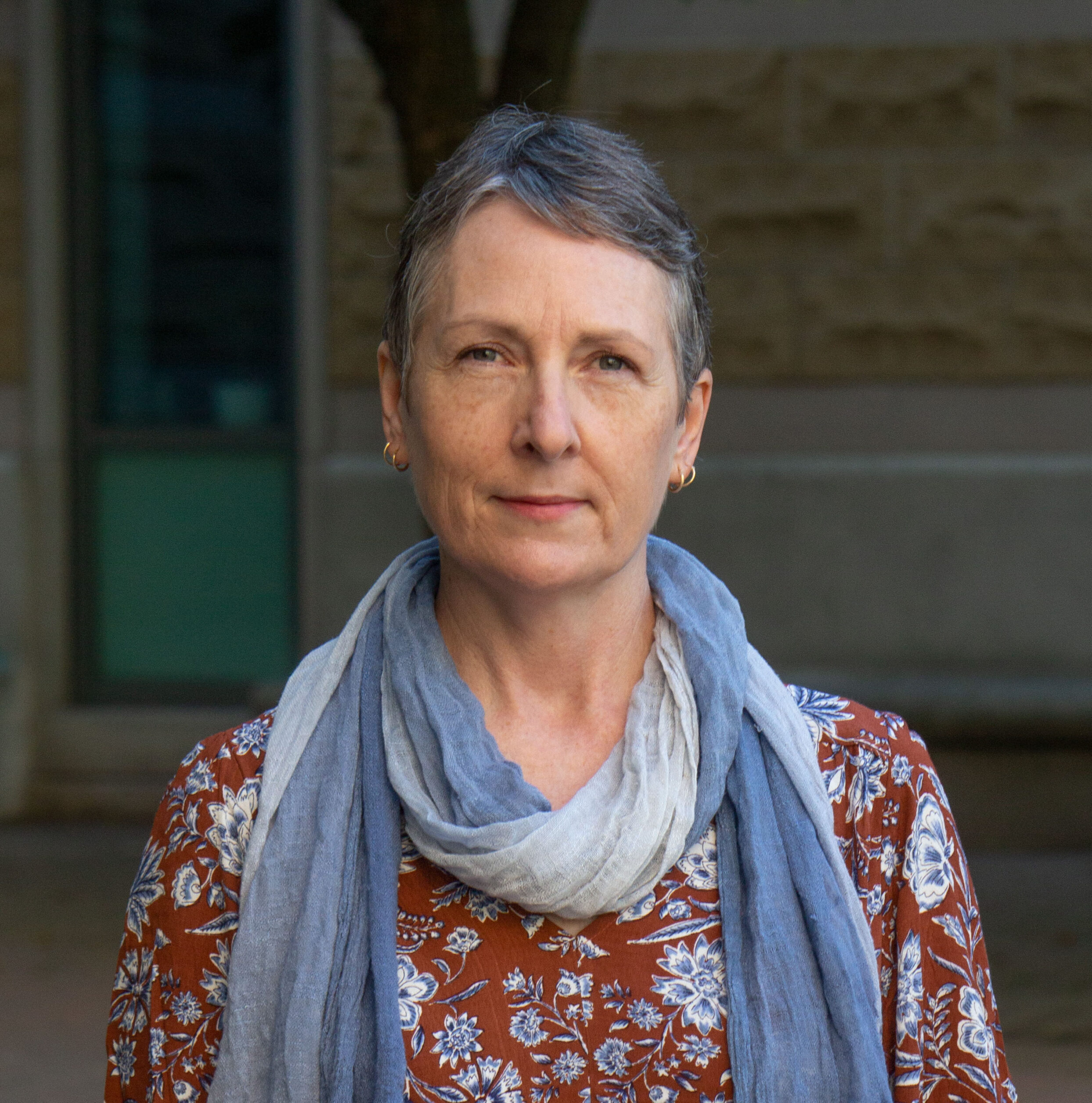
Nicole Blanchett
Dr. Nicole Blanchett is the principal investigator of JRP Canada and an associate professor in Toronto Metropolitan University’s School of Journalism, where her teaching focuses on multiplatform and digital production. Along with journalistic roles, her research explores the impact of the use of audience data in newsrooms, and the changing boundaries and definitions of journalism. A former television journalist, she is also a leader in the SSHRC-funded Explanatory Journalism Project, co-director of the Local News Research Project, co-director of the SSHRC-funded Documenters Canada expansion team, and is part of Canada’s Worlds of Journalism Study.
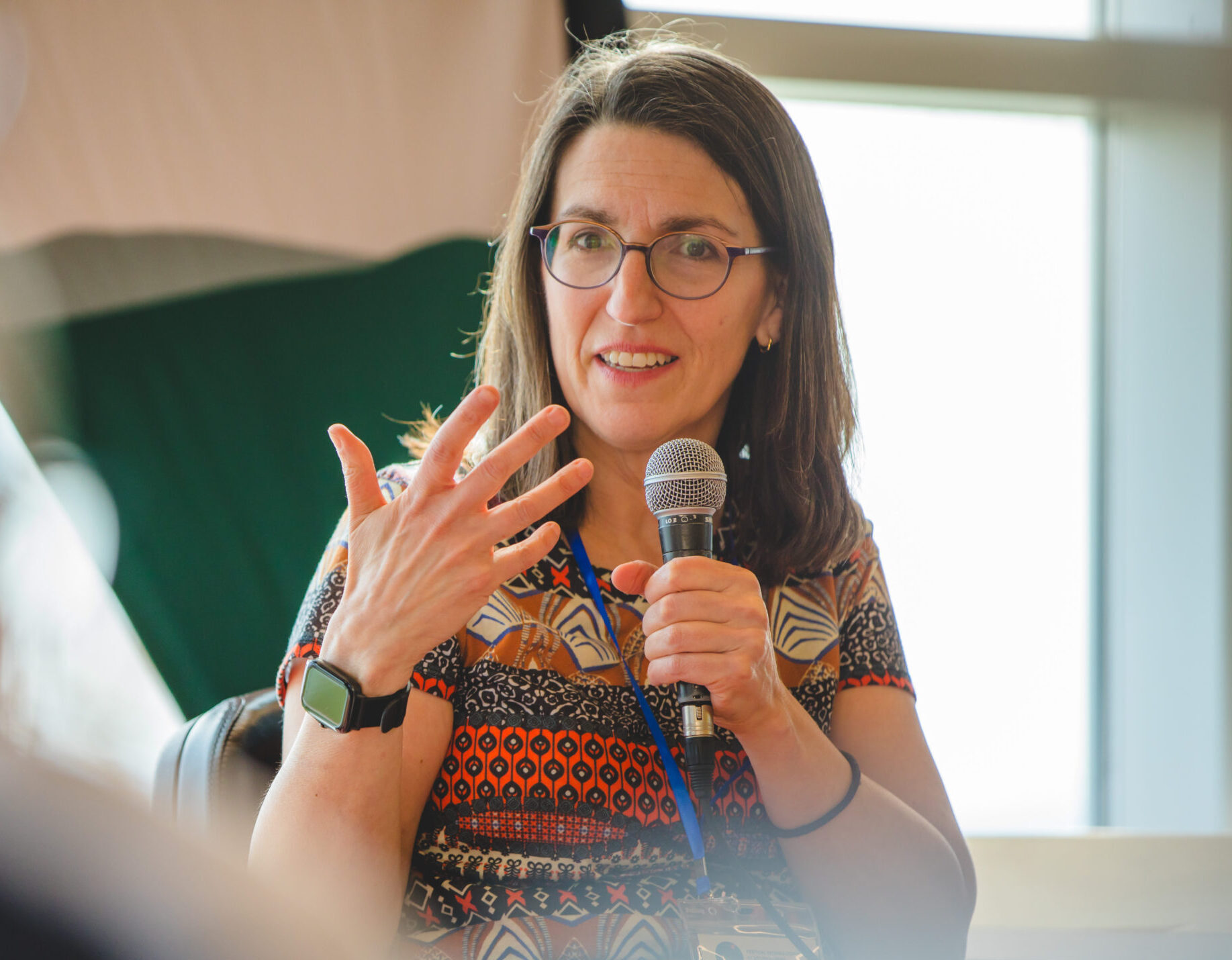
Colette Brin
Colette Brin is a professor and director of the Center for Media Studies at Laval University. Her research and teaching focus on recent and ongoing changes in journalism through policy and organizational initiatives, as well as citizens’ news practices. She also coordinates the Canadian study for the Digital News Report with the Reuters Institute for the Study of Journalism. Colette is the co-lead of the Arts, Media and Cultural Diversity Axis at OBVIA, an international responsible AI research network based in Quebec, and a member of several research teams in Quebec and Canada.

Sibo Chen
Sibo Chen is an associate professor in the School of Professional Communication at Toronto Metropolitan University. His current research explores how political polarization is communicated in the public sphere, focusing on three topics: political contention over climate change, online mis/disinformation, and the rise of anti-Asian racism. He is co-lead of the Explanatory Journalism Impact and Uptake Project. His research has been published in the Chinese Journal of Communication, Environmental Communication, Journalism Practice, and more.

Charles H. Davis
Charles H. Davis recently retired after 20 years with Toronto Metropolitan University. He is presently Professor Emeritus at TMU and adjunct professor in TMU’s RTA School of Media. His current research focuses on media product development, media management practices, and audience analysis.

Angela Misri
Angela Misri is an assistant professor in Toronto Metropolitan University’s School of Journalism, where she runs the newsroom for the student masthead, teaching the next generation how to report on their communities. Her research focuses on the use of AI to create content, including journalism products. She previously worked as a reporter/producer/manager at CBC Radio in Toronto and as the digital director at The Walrus.

Karen Owen
Karen Owen is a broadcasting professor at Mount Royal University. She spent 26 years at CTV Calgary as a reporter/anchor, producer & web editor. She joined the faculty as a full-time Associate Professor in July, 2016. Karen enjoys the challenge of teaching communication skills in a digital age.
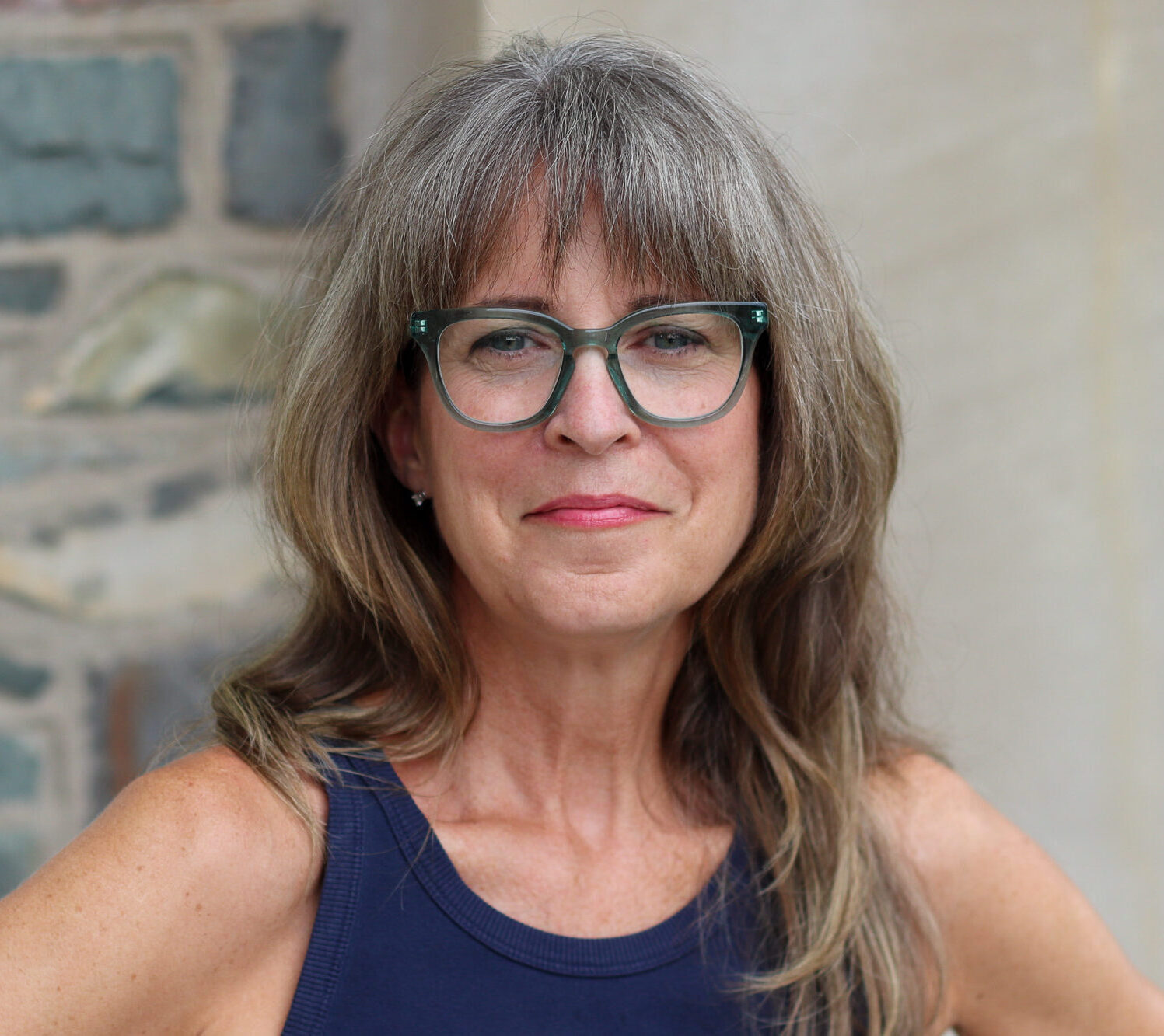
Lisa Taylor
Lisa Taylor is an associate professor in the School of Journalism, Writing & Publishing at the University of King’s College, Halifax, N.S. She is a former lawyer and Canadian Broadcasting Corporation journalist who teaches journalism law and ethics to undergraduate and graduate students. Lisa leads the Canadian Worlds of Journalism study team and is the co-editor of The Unfulfilled Promise of Press Freedom in Canada (University of Toronto Press, 2017). She is also a Senior Fellow with TMU’s Centre for Free Expression and a member of the academic and editorial advisory board of the Investigative Journalism Bureau at the University of Toronto.

Cheryl Vallender
Cheryl Vallender is a professor at Sheridan College and a Contract Lecturer with the Toronto Metropolitan University’s School of Journalism. Her focus is on emerging news technology, digital storytelling tools and she has a passion for data journalism and data visualizations. She has a combined English and International Development degree from Guelph University, a postgraduate diploma in Journalism from Sheridan College and a Masters in Education from Brock University.
Research Assistants
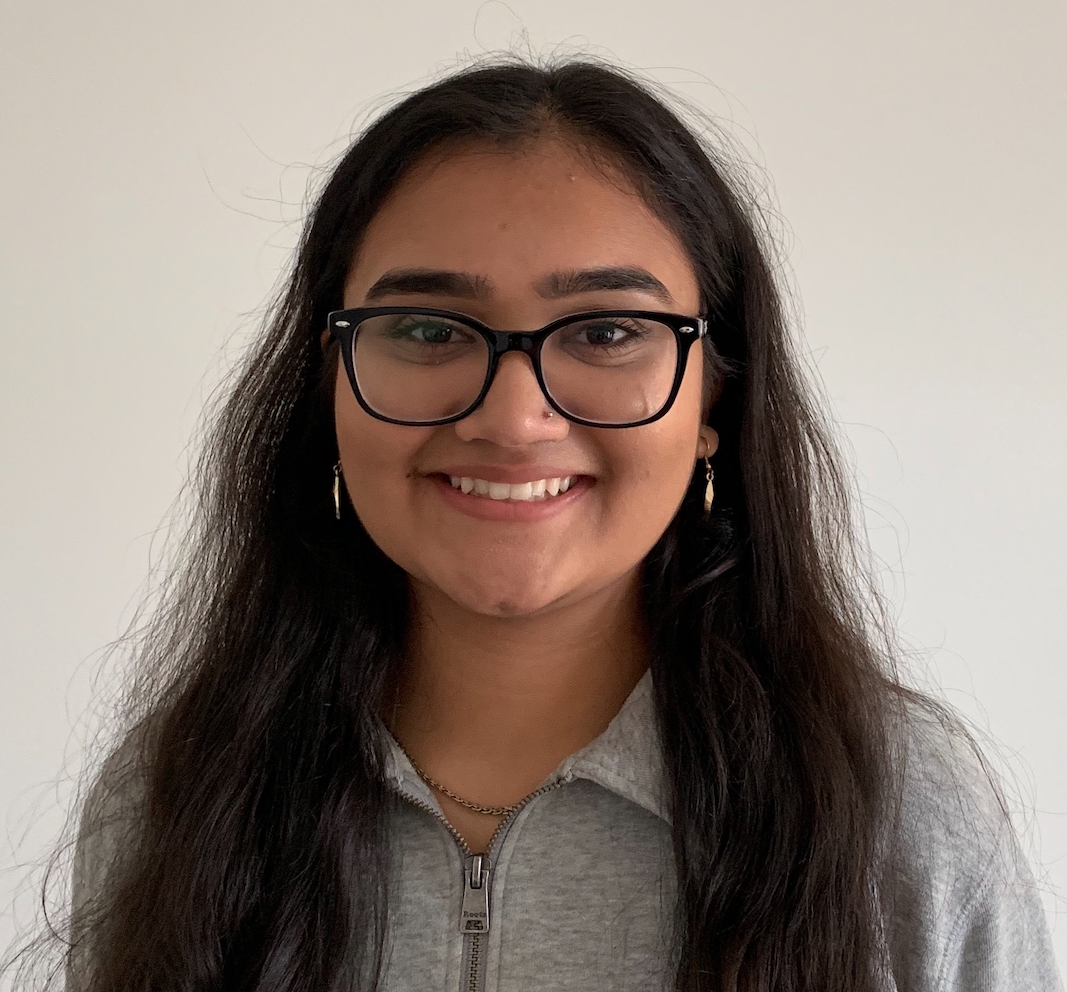
Nujaimah Ahmed
Nujaimah Ahmed is a student at Toronto Metropolitan University’s Master of Engineering program. She is majoring in Computer Engineering with a specialization in Artificial Intelligence. Nujaimah’s research focus is on designing human-computer interaction systems for storytelling using data visualization tools and data science.
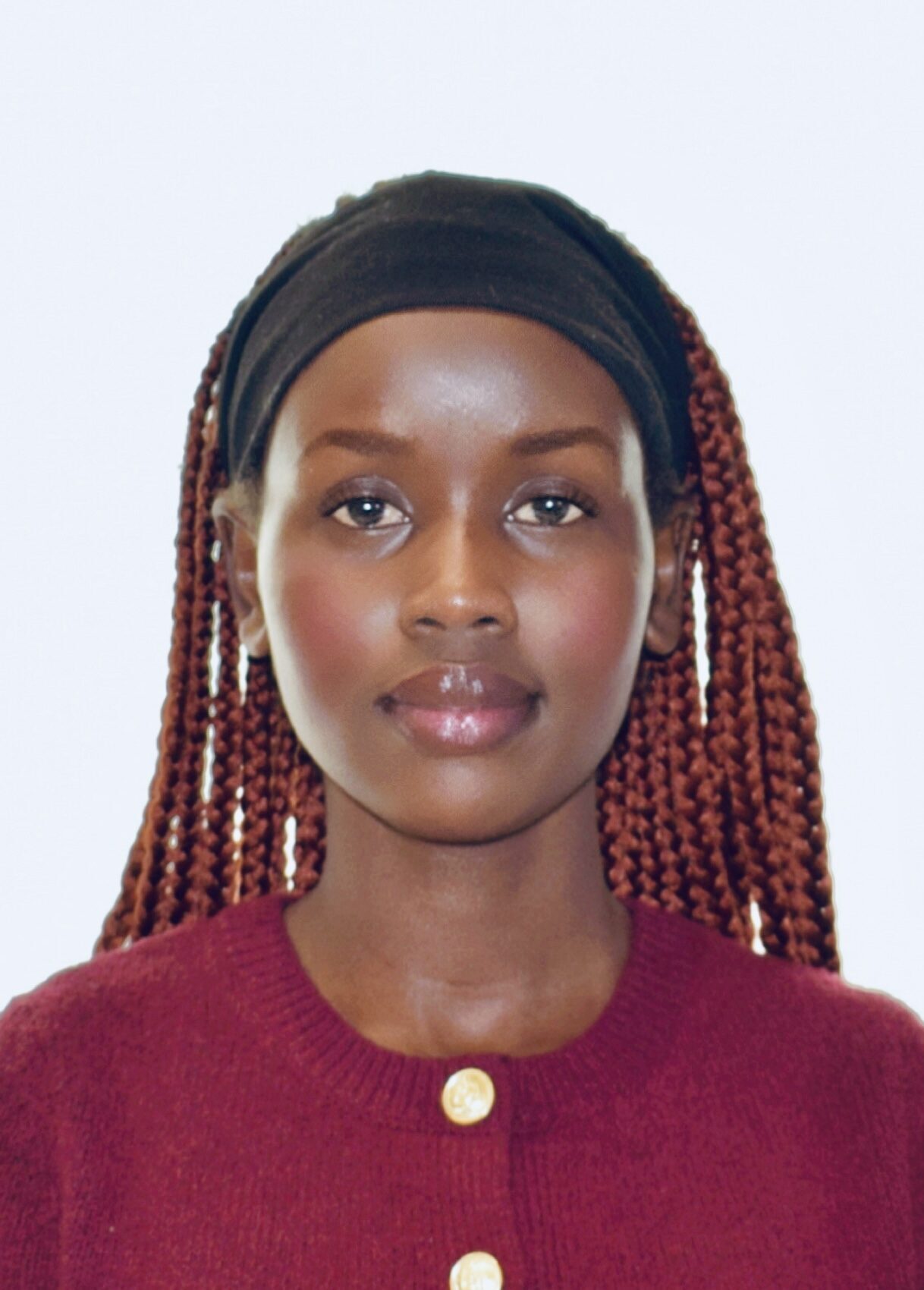
Gop Amol
Gop Amol is a second-year journalism student with a minor in public relations at Toronto Metropolitan University. She previously served as a research assistant with Jesuit Refugee Service, focusing on data related to children with disabilities. For the JRP Project, Gop is a research assistant specializing in data capture.

Danielle Ball
Danielle Ball is the JRP project manager. She is a PhD candidate in the communication and culture program at Toronto Metropolitan University. Her research focuses on how wildfire is represented in news media.
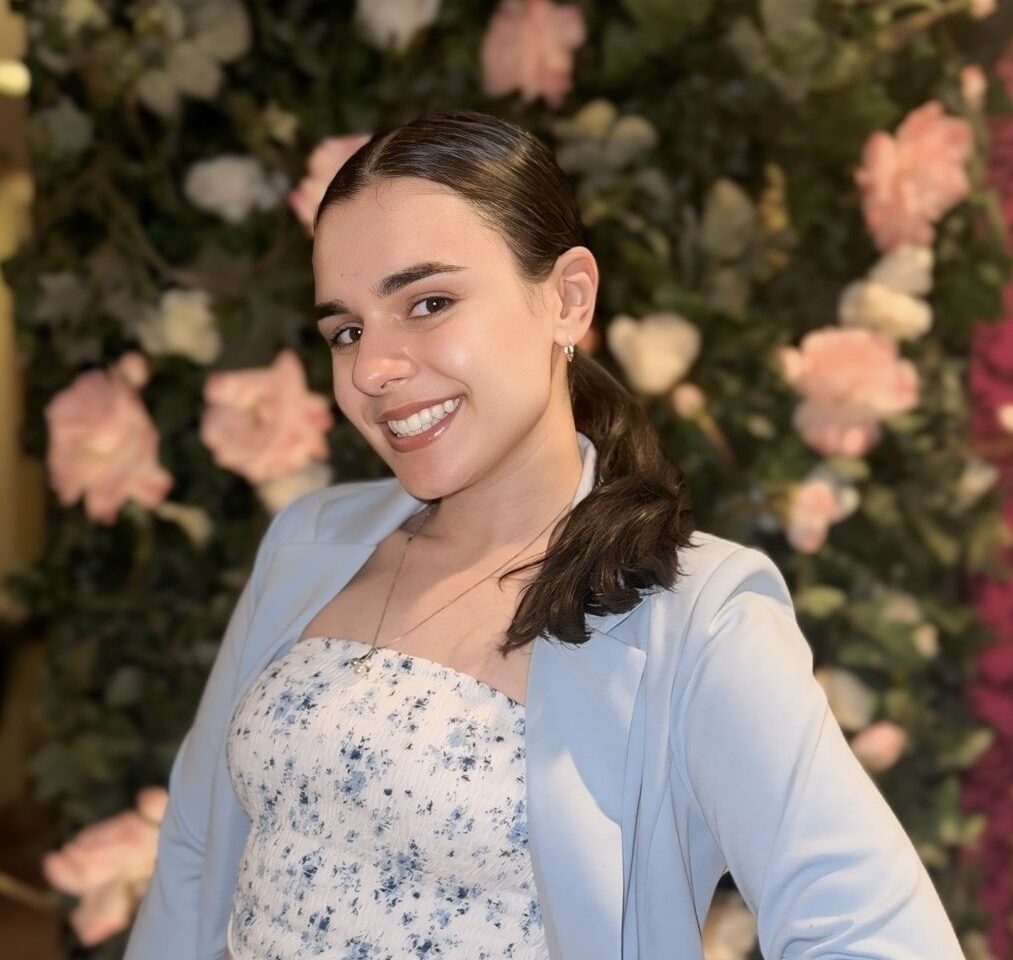
Isabella Iula
Isabella Iula is a fourth-year student at the Toronto Metropolitan University’s School of Journalism. Her role as the communications coordinator for the JRP Project consists of managing the website and social media pages to boost audience engagement and understanding of the (dis)connections between journalistic ideals and practice through a multimedia lens. She has a passion for covering all things arts, culture and entertainment. Isabella hopes to tell stories that create conversation and inspire people to embrace their creativity and curiosity about the events and issues taking place in today’s world.

Shaaranki Kulenthirarasa
Shaaranki Kulenthirarasa is a third-year journalism student with an avid interest in news and broadcast journalism. She is especially passionate about amplifying the stories of underrepresented communities through written stories, television reports, and social media. Shaaranki is a research assistant for the JRP, where she helps compile stories for analysis and contributes to articles and presentations with findings from this research.
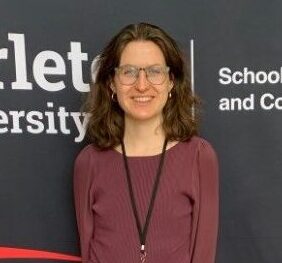
Rachel Morgan
Rachel Morgan is a second-year Masters student in the communication and culture program offered jointly between Toronto Metropolitan University and York University where her research focuses on news corrections. She is an alumna of Carleton University’s Journalism Program and has worked in journalism for over five years. She is currently working as a digital news editor at CityNews and a coder for the JRP Project.

Rimsha Nasir
Rimsha Nasir is a student in the Masters of Journalism program at Toronto Metropolitan University. Her research interests include civic media, transparency, and the intersections of detention, displacement, and disability. She pPreviously worked as a project coordinator with the University of Toronto’s Centre for Diaspora & Transnational Studies; has conducted archival research and editorial work with the Antarctic Institute of Canada; and has broadcast production experience from CBC Radio’s Cross Country Check-Up. Rimsha’s work combines qualitative analysis and data-driven methods. She is working as a coder for the JRP project.

Camille Pelletier
Camille Pelletier is a second-year Masters student at Université Laval in the public communication program. Her research focuses on the representations of fashion, clothing and textile in media and governmental communications. For Camille, sustainability and cultural perspectives inform her practice. She currently contributes to the JRP Project as a coder.

Molly Simpson
Molly Simpson is a student in the Masters of Journalism program at Toronto Metropolitan University. She has worked on a variety of research projects including collecting political tweets, conducting literature reviews on NIMBY housing and LGBTQ+ journalists for professor-led research projects. Molly is excited to take on a new form of research in coding for the JRP project.
Research Assistant Alumni

Sama Nemat Allah
Sama Nemat Allah was a Tkaronto-based journalism student at Toronto Metropolitan University while working on the JRP Project.
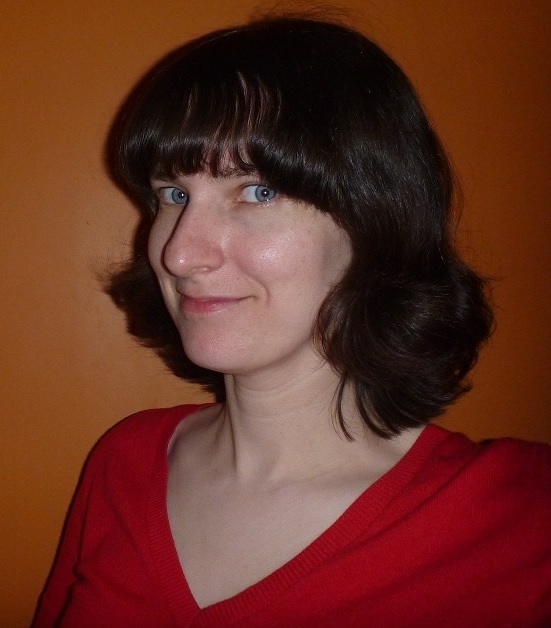
Mijanou Bourque Bouliane
Mijanou Bourque Bouliane holds a Masters of Public Health. She worked as a French coder for the JRP Project.
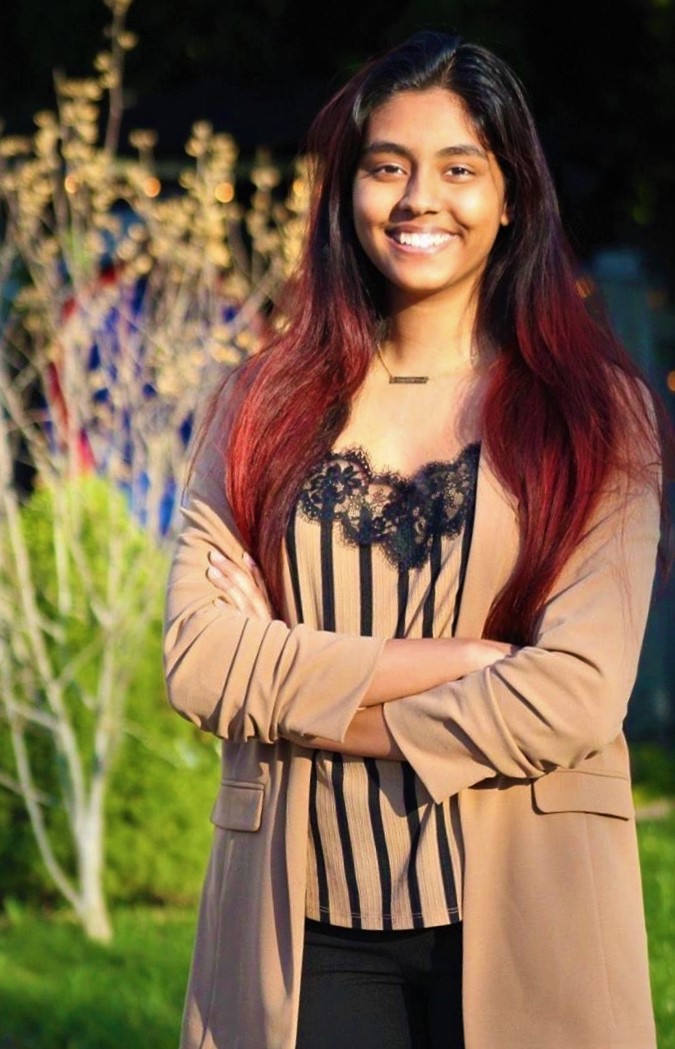
Natasha Budhai
Natasha Budhai was a student at the Toronto Metropolitan University School of Journalism while working on the JRP Project.

Alexandre Cyr
Alexandre Cyr was in the Master of Journalism program at Toronto Metropolitan University when he worked for the JRP Project.

Abeer Khan
Abeer Khan was a student at Toronto Metropolitan University while working on the JRP Project.
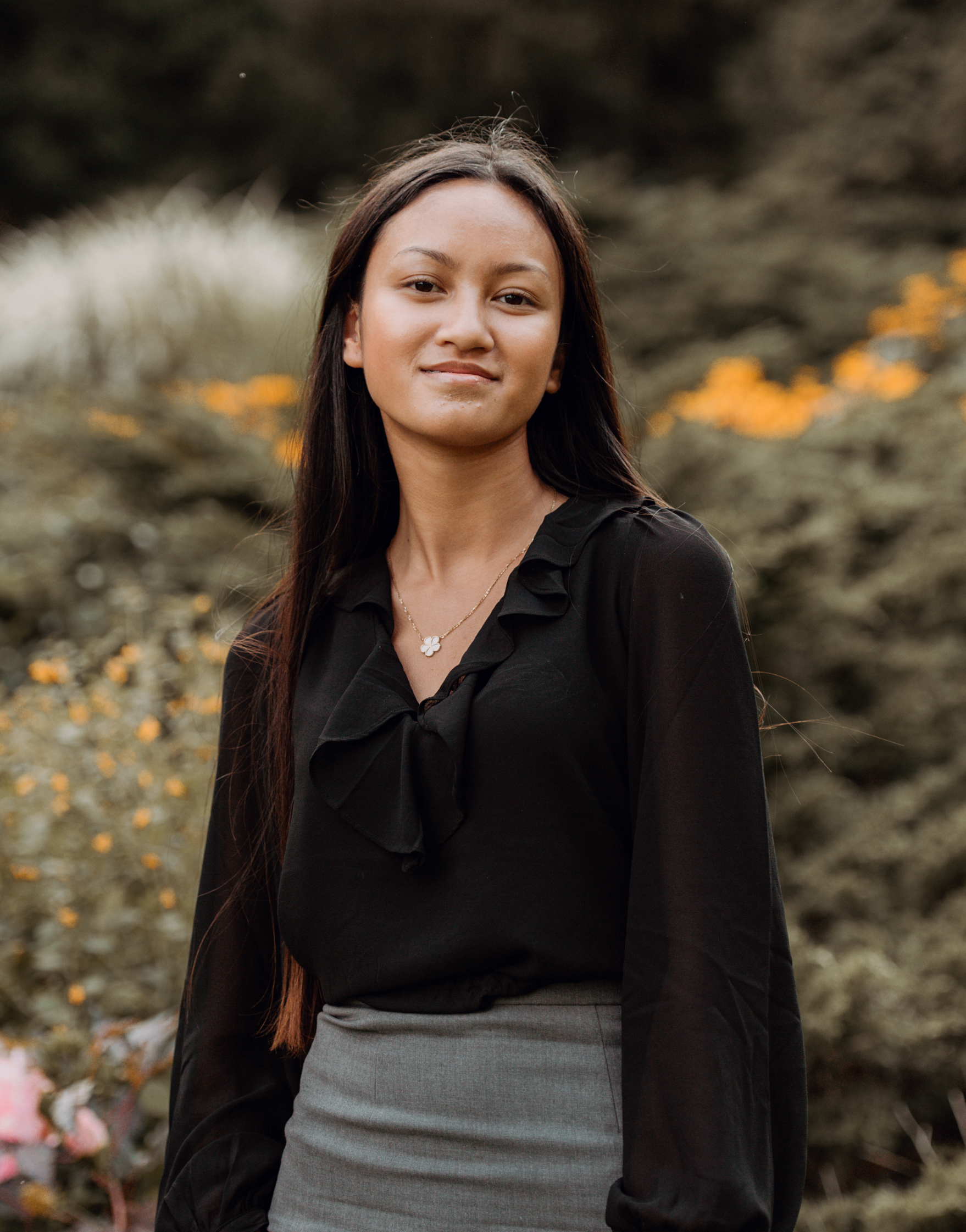
Norah Kim
Norah Kim was a student at the Toronto Metropolitan University School of Journalism while working on the JRP Project.
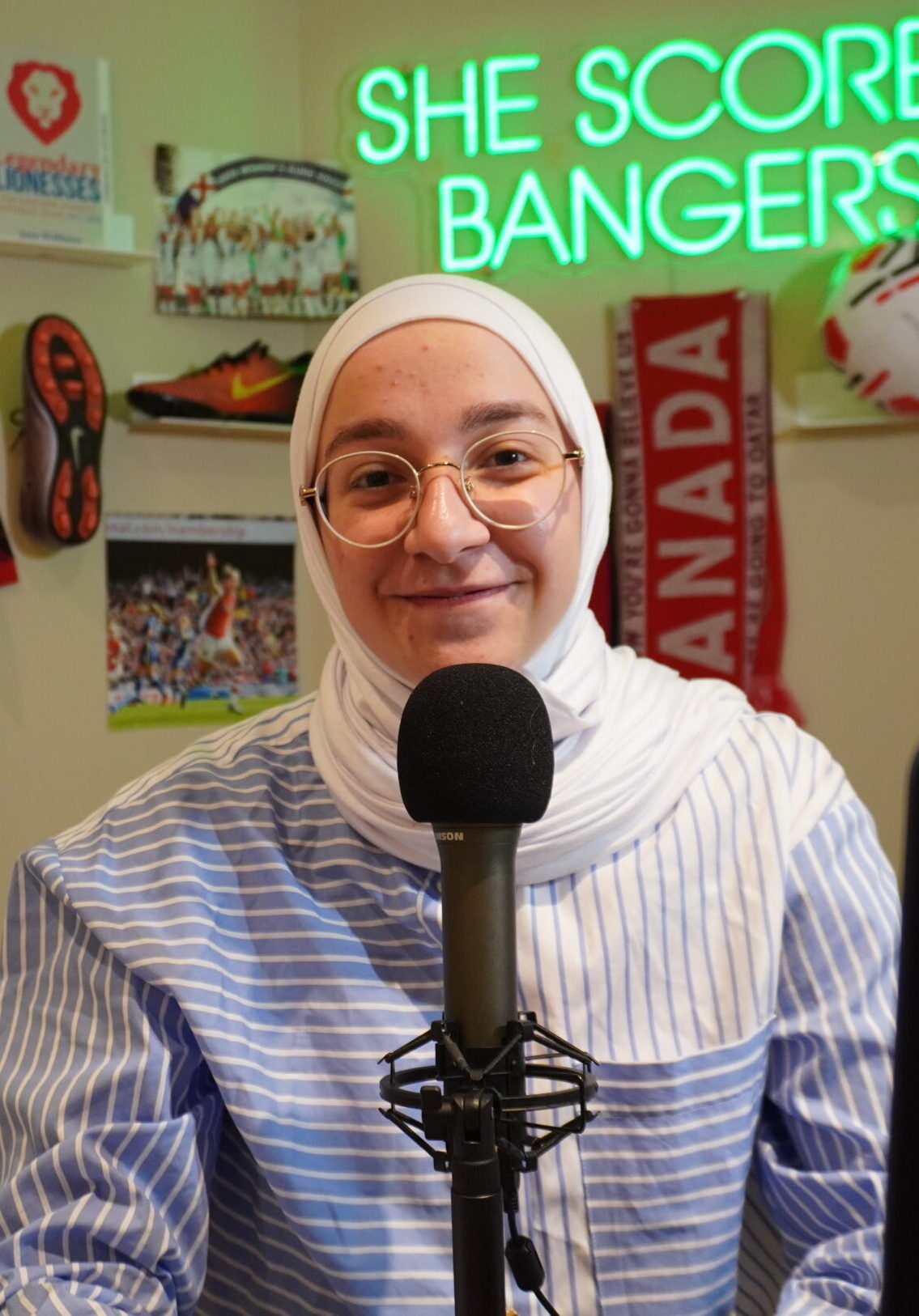
Mariam Kourabi
Mariam Kourabi was a student in Toronto Metropolitan University’s Master of Journalism program while working on the JRP Project.

Emily Latimer
Emily Latimer was a student in Toronto Metropolitan University’s Master of Journalism program while working on the JRP Project.

Anna-Maria Moubayed
Anna-Maria Moubayed was a student at Toronto Metropolitan’s School of Journalism while working on the JRP Project.
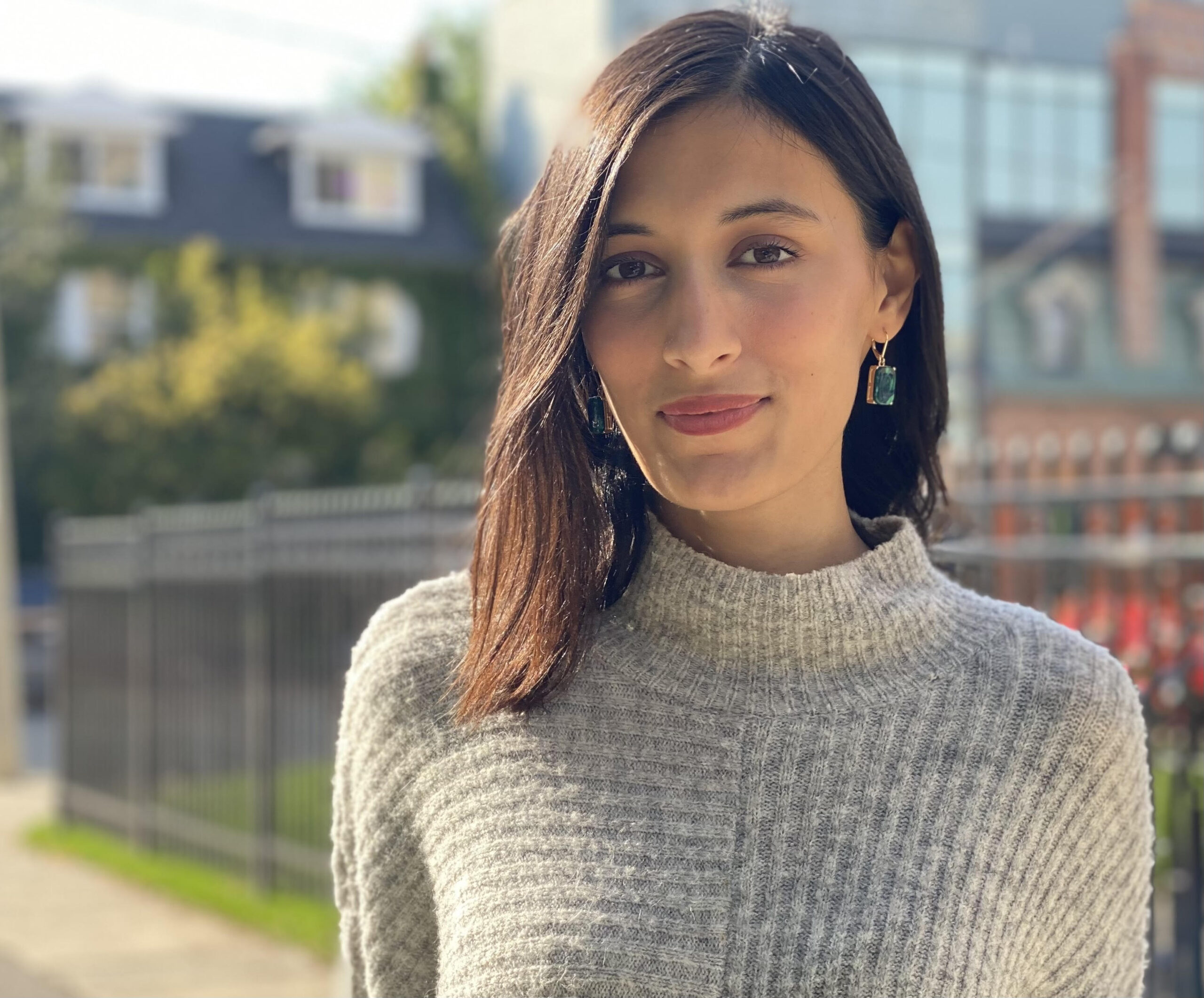
Swidda Rassy
Swidda Rassy was a student in Toronto Metropolitan University’s Master of Journalism program while working on the JRP Project.
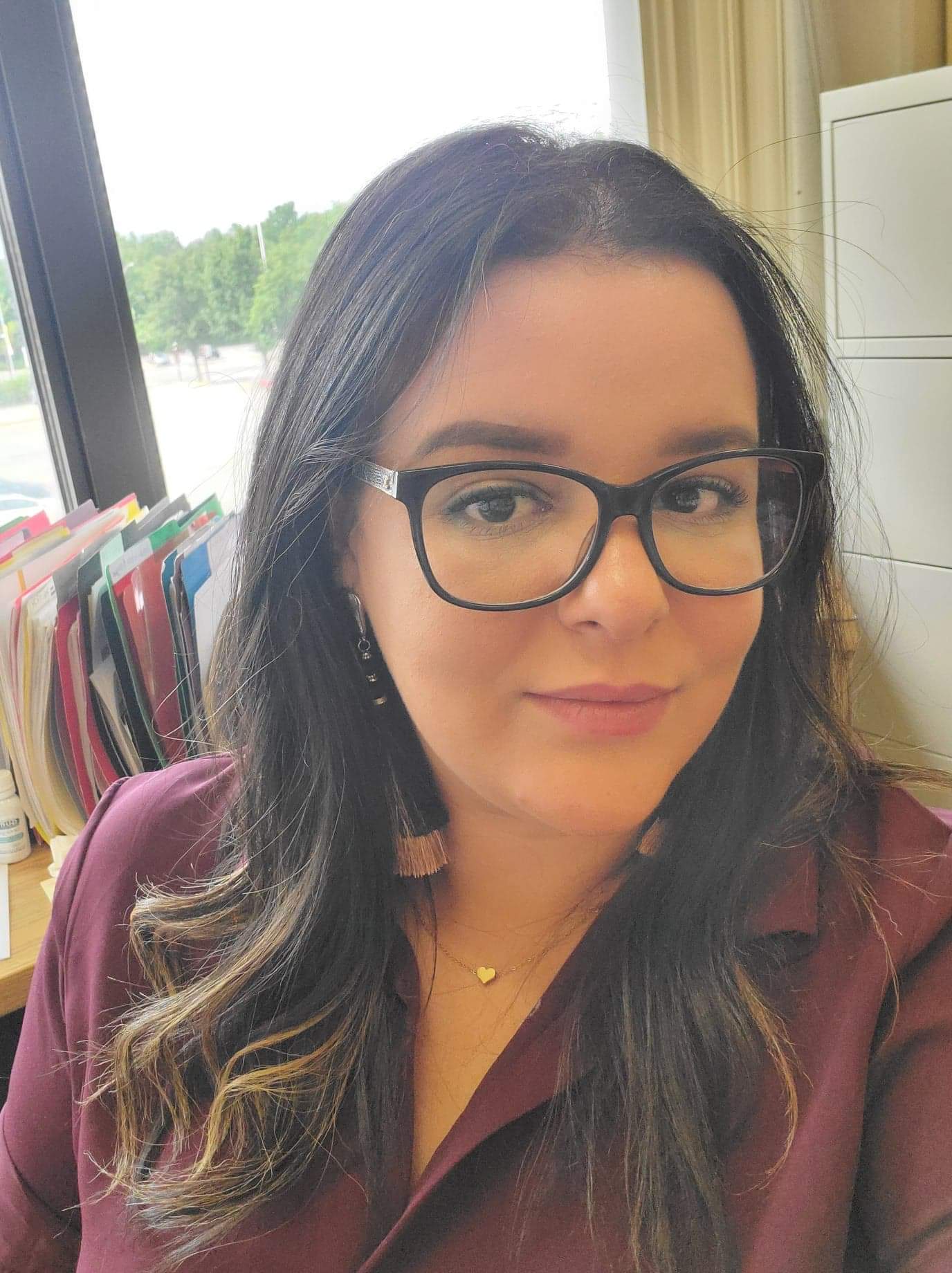
Meryem Sairi
Meryem Sairi was a PhD student in Public Communication at Université Laval while working on the JRP Project.

Megan Seligman
Megan Seligman was a student and graduate of the Master of Journalism program at Toronto Metropolitan University while working on the project.

Kayla Thompson
Kayla Thompson was a student at Toronto Metropolitan’s School of Journalism while working on the JRP Project.

Natalie Vilkoff
Natalie Vilkoff was a student at Toronto Metropolitan’s School of Journalism while working on the JRP Project.
